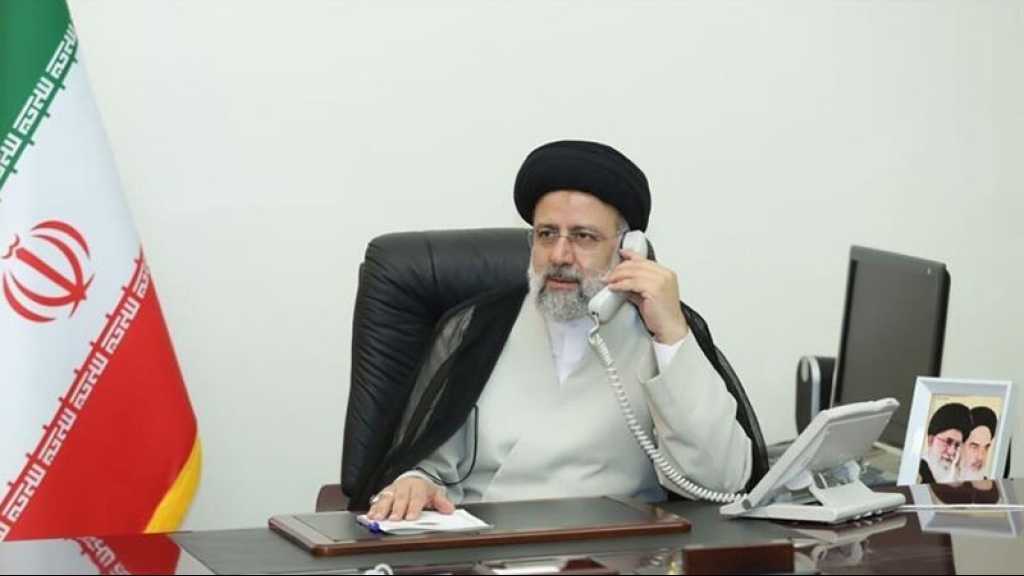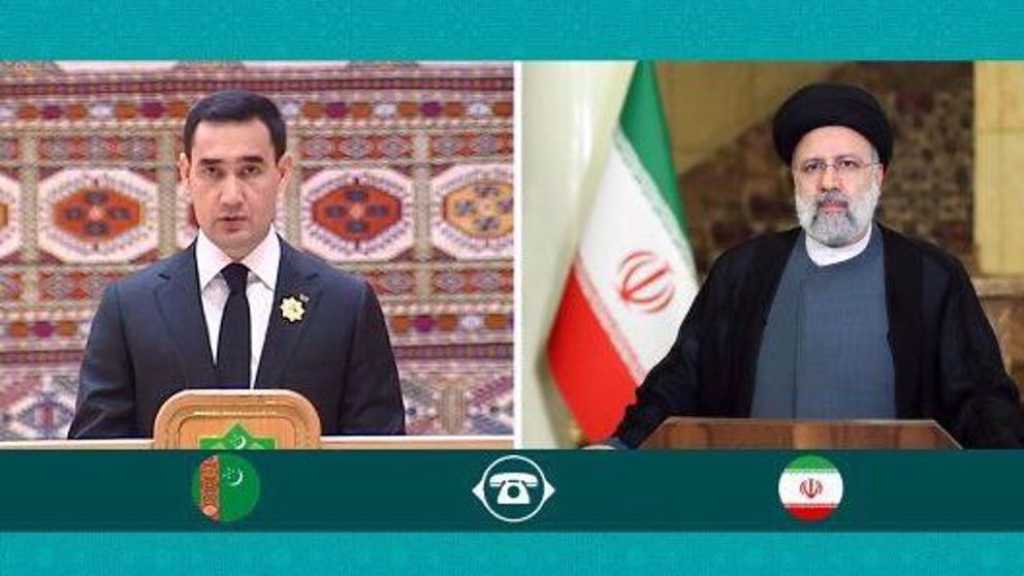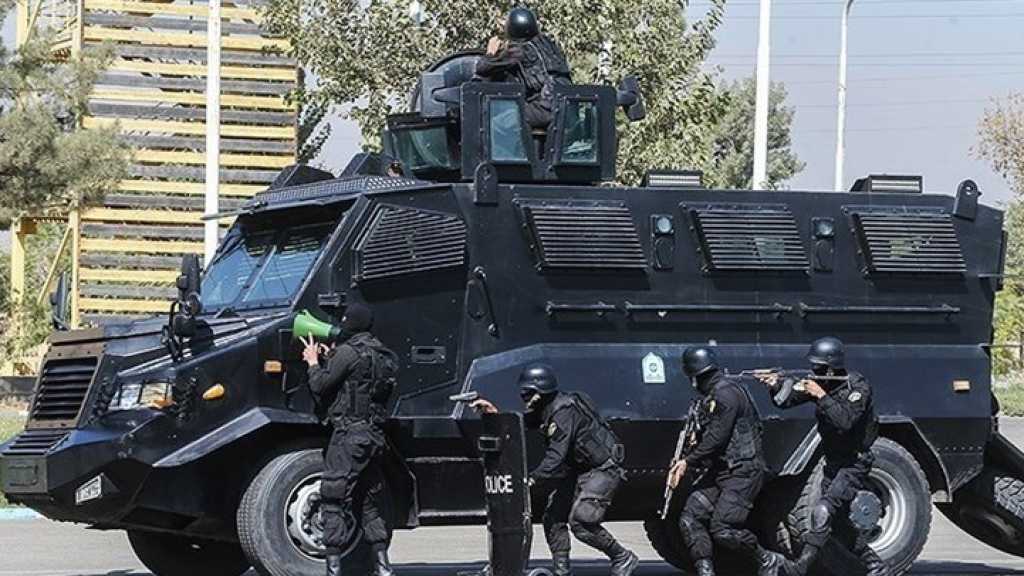
Imam Khamenei Communicates General Policies of Iran’s 7th Development Plan
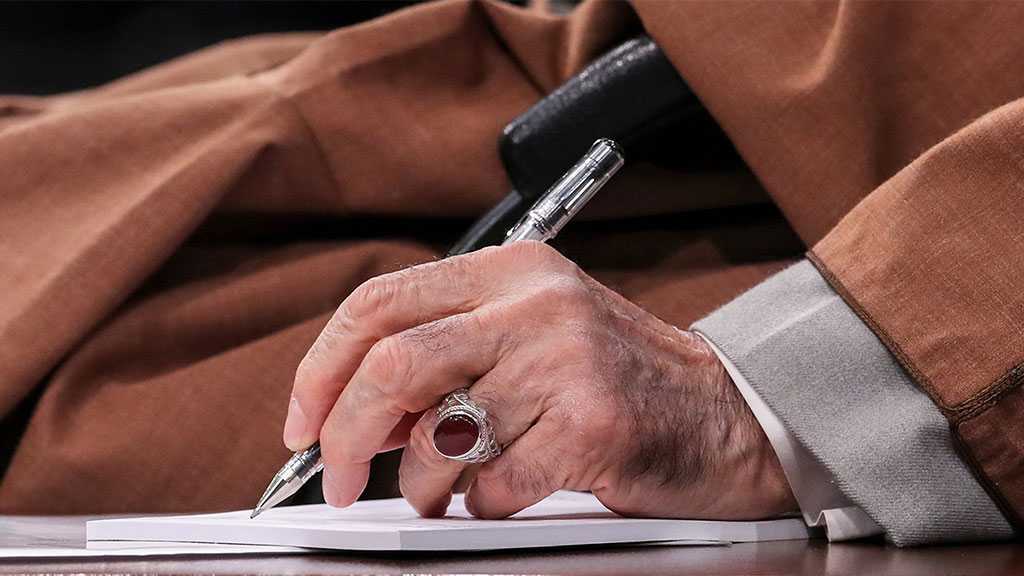
By Staff, Agencies
Leader of the Islamic Revolution His Eminence Imam Sayyed Ali Khamenei in a proclamation on Monday outlined the general policies of Iran’s 7th quinquennial development plan focusing on economic progress.
The proclamation, sent to the president, Parliament speaker, Judiciary chief, chairman of the Expediency Council, and Chief of Staff of the Iranian Armed Forces, lays out a five-year grand plan for Iran's development in the coming years.
The document, prepared after comprehensive studies and consultations with the Expediency Council, has prioritized economic progress coupled with justice.
Thanking the Expediency Council members and secretariat for their intensive efforts to make comments and the three branches of power for their active partnership in devising and ratifying the 7th development plan law, Imam Khamenei described these policies as another step towards the materialization of the Islamic Republic’s goals.
Comprising 26 provisions, the plan includes seven main chapters about economic issues, infrastructural affairs, cultural and social subjects, scientific, technological and educational issues, political and foreign policy affairs, defense and security, as well as administrative, legal and judicial issues.
According to the general policies, the 7th development plan’s main goal and priority is economic progress coupled with justice with an average rate of 8 percent during the five-year period, with an emphasis on increasing the productivity of production factors, including human resources, capital, technology and management.
On the infrastructural affairs, Imam Khamenei has stressed the need for a program to ensure food security and produce at least 90 percent of the basic commodities and foodstuff inside the country by maintaining and improving the genetic reserves and water resources and elevating the health and security of foodstuff.
In the section about cultural and social affairs, the document has called for plans to promote the public culture in order to strengthen the Islamic-Iranian lifestyle, reinforce national solidarity and self-confidence, and boost the spirit of resistance, dynamism and activity in the society by mobilizing the capacities of all organizations, state-run and popular institutions, and the influential scientific and social figures with the effective support from the government.
As regards the scientific and technological strategies, the document has emphasized the necessity for the rule of national sovereignty and safeguarding the Islamic-Iranian values in the virtual space with the completion and expansion of the national information network, producing appropriate contents and services, and enhancing the cyber power at the level of global powers with an emphasis on immunizing and improving the security of the vital infrastructures.
The grand plan has also stressed the need for activism in the public and official diplomacy by creating an evolution and new revolutionary capacities in the human resources of the diplomatic body as well as targeted and effective cooperation from the organizations and institutions in charge of foreign affairs.
Also, in the defense and security section, the document has stressed the need to strengthen the defense power in order to boost the deterrence capabilities and obtain the technologies enhancing the power of the defense and security industries with an emphasis on the country’s self-sufficiency in manufacturing the top-priority systems, equipment and services by allocating at least 5 percent of the budget to the defense sector.
Comments
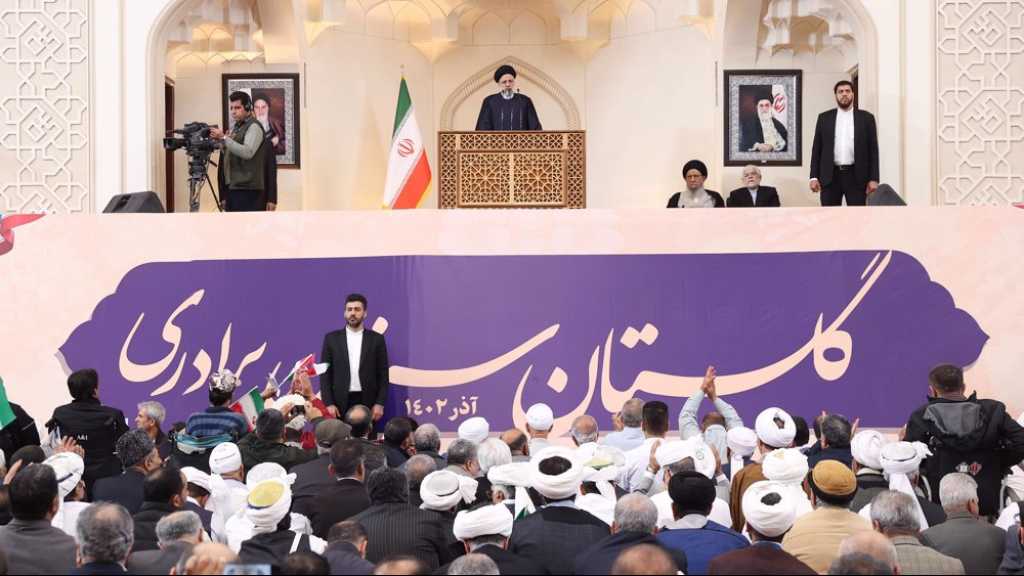
Raisi: Palestinian Resistance Astonished The World
3 months ago